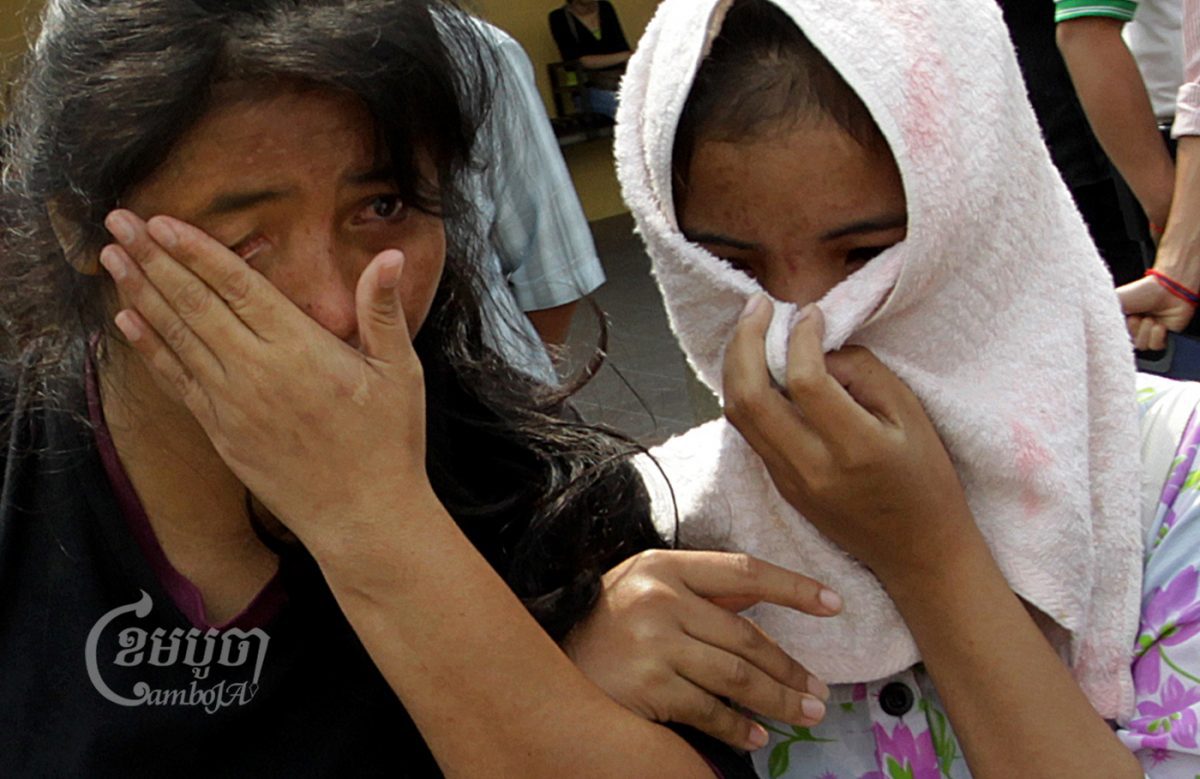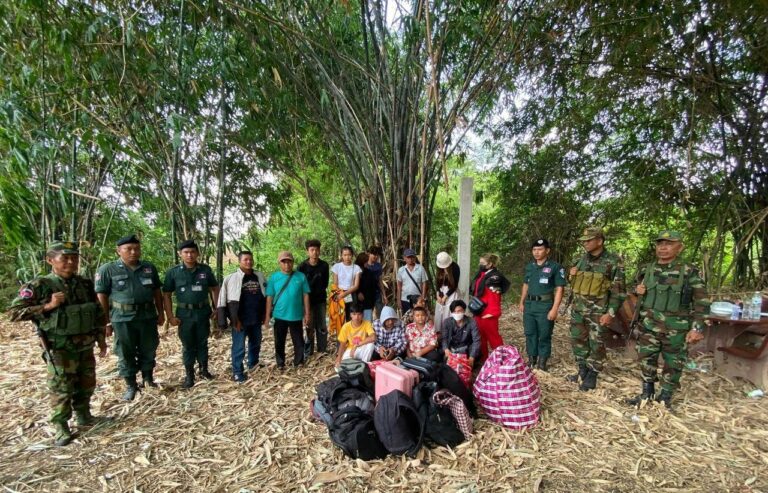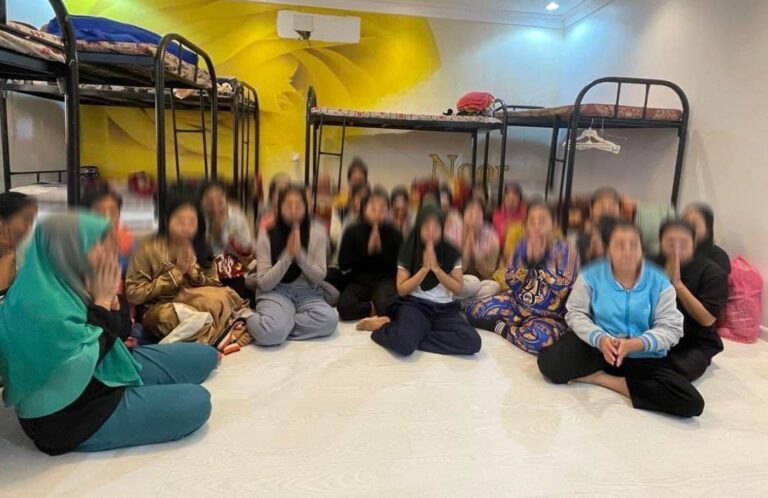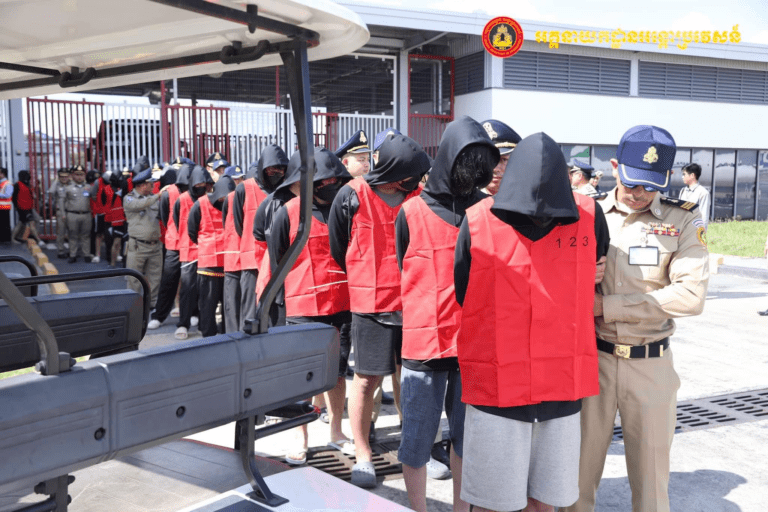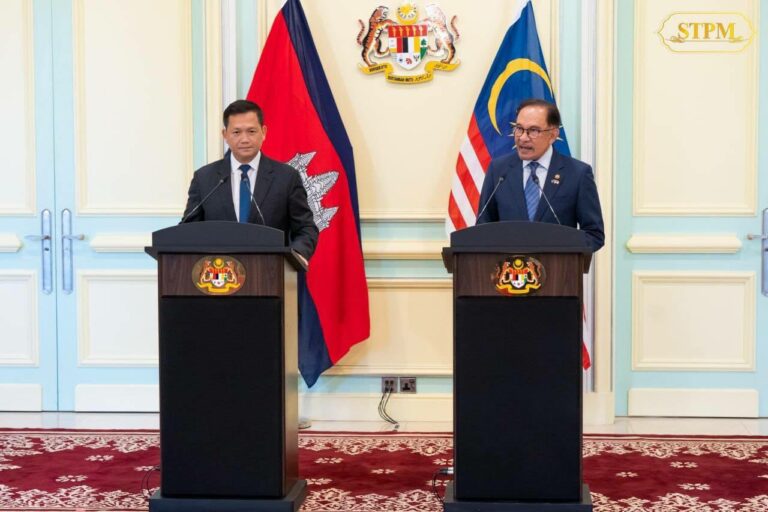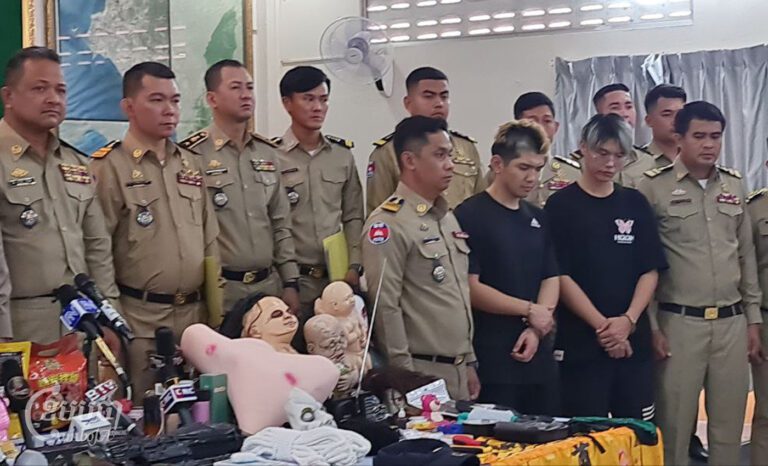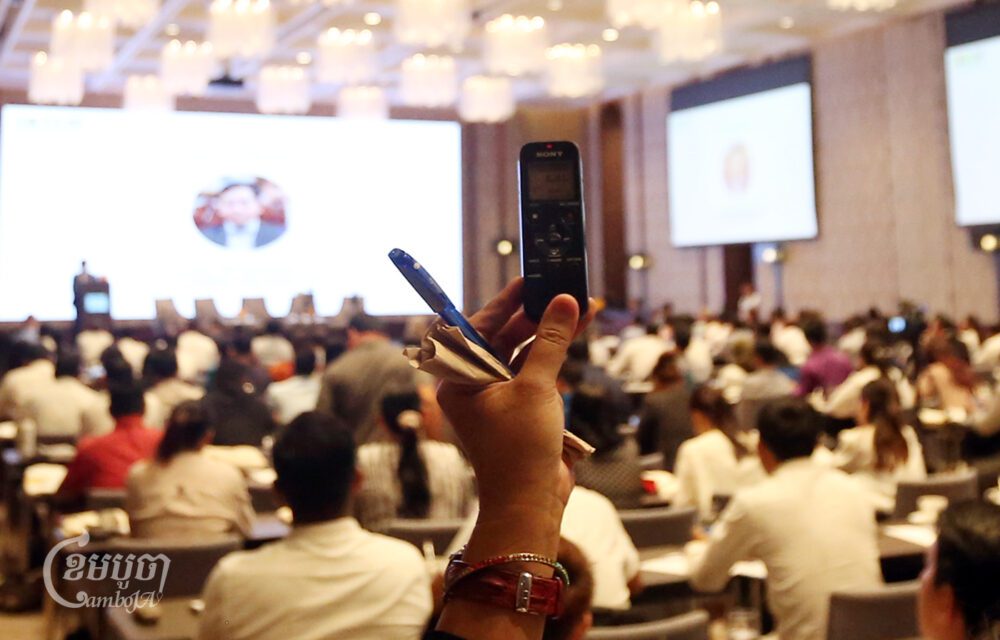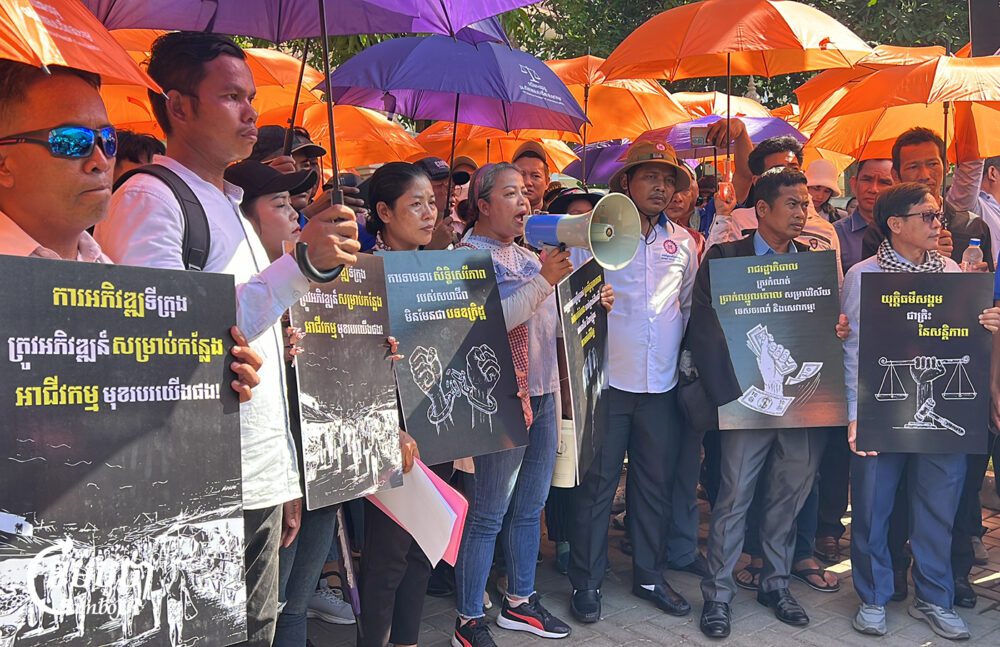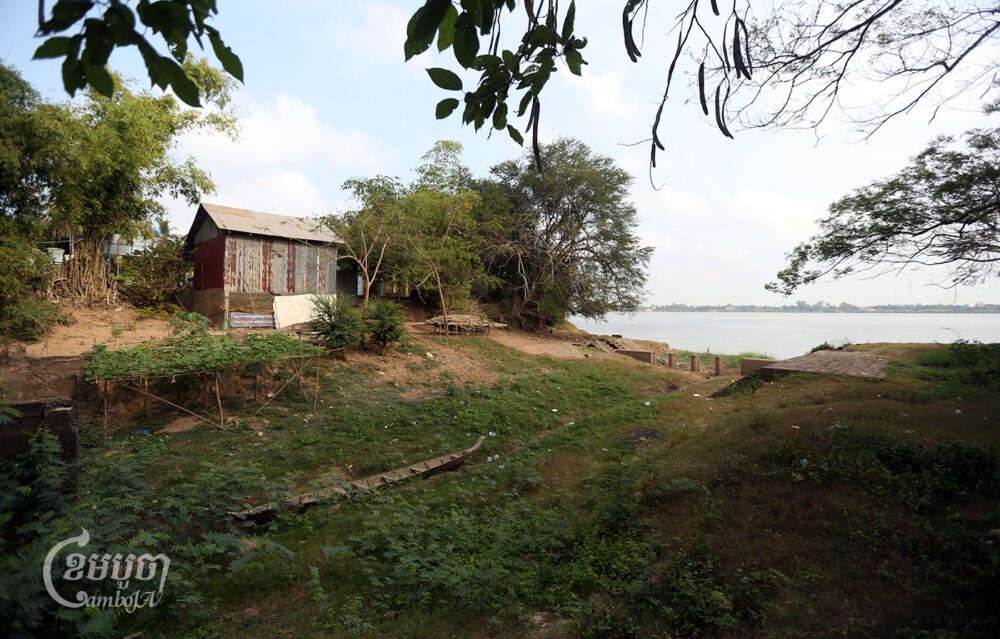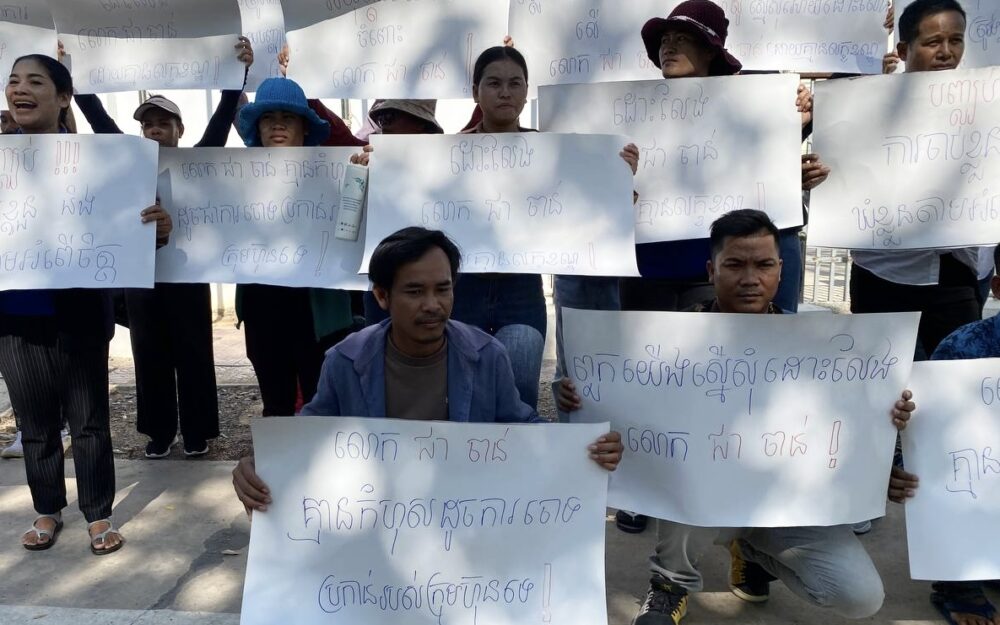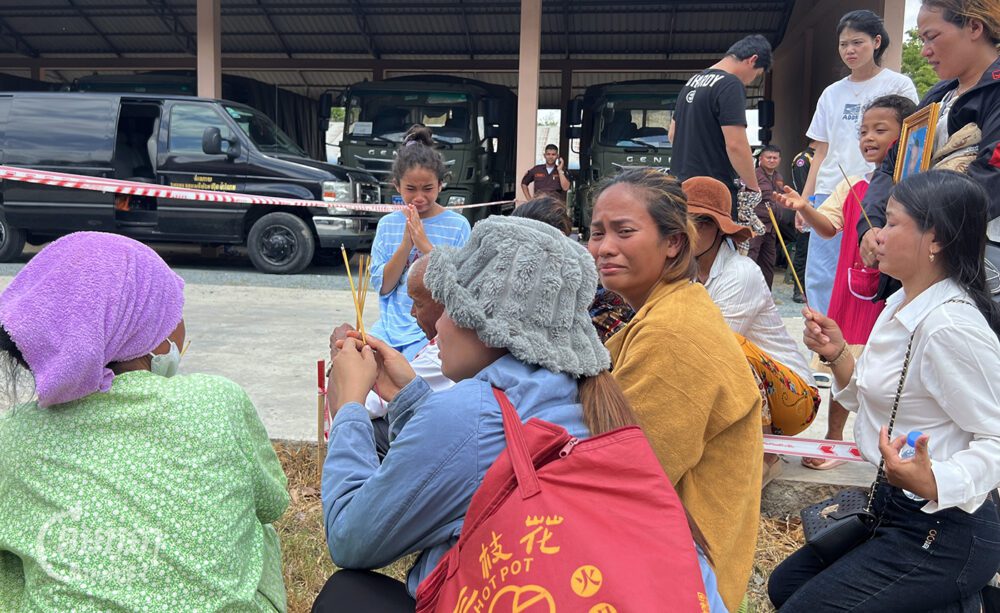On Thursday, Prime Minister Hun Sen announced that the Cambodian government will resume a Memorandum of Understanding (MoU) with the Malaysian government to send Cambodian domestic workers to Malaysia once more.
The two countries came to an agreement during a bilateral meeting in Phnom Penh between Prime Minister Hun Sen and Malaysian Prime Minister Ismail Sabri Yaakob. The decision comes despite concerns expressed by civil society groups about the continuing abuse of domestic workers in Malaysia.
“At the moment, I and Prime Minister [Ismail Sabri Yaakob] have discussed the domestic workers issue and his excellency clearly said to me that the MoU will be revised and assured that there will be no violation of [domestic workers],” Hun Sen said during a press conference after their meeting.
The last MoU between the two countries on the recruitment of Cambodian domestic workers to Malaysia expired in 2020.
In 2011, the Cambodian government had barred recruitment agencies from sending domestic workers to Malaysia, due to numerous reported cases of physical and mental abuse there. After a five-year ban was imposed, the Cambodian government resumed sending domestic workers to Malaysia in 2017.
Since then, however, only 175 domestic workers have been sent to Malaysia, said Heng Sour, a spokesman for the Labor Ministry.
“Most of the jobs in Malaysia are for housemaids, and this type of work is less popular among Cambodian citizens than before,” he said.
Sour said that even if the mechanisms for protecting the rights of migrant workers in Malaysia had improved, fewer Cambodians want to work in Malaysia – due to various factors. He said that Cambodia now has a stronger manufacturing sector and local wages have improved, while wages have also increased in neighbouring Thailand.
He said that Cambodia’s Labor Ministry will work with the Malaysian authorities based on the 2017 MoU’s existing mechanisms to protect domestic workers’ rights and interest.
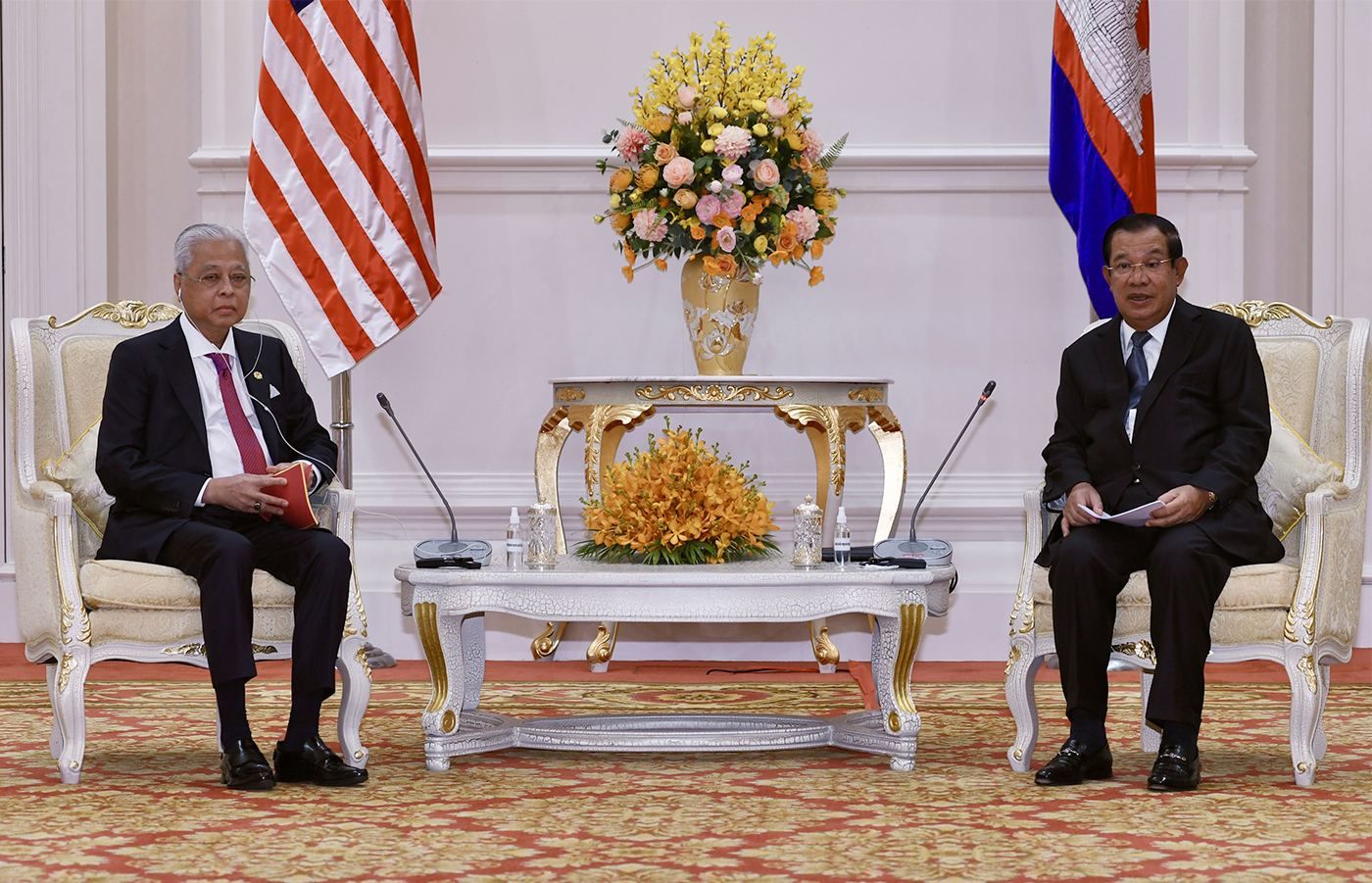
Dy Thehoya, a program officer at the Center for Alliance of Labor and Human Rights (CENTAL), expressed concerns that the Malaysian government has not taken sufficient measures to improve the working conditions of Cambodian domestic workers in Malaysia.
He said that there are in fact no mechanisms in place to rescue or protect domestic workers, and that the Malaysian government has failed to respond to previous cases of abuse.
Thehoya said that despite both governments’ assurances that they will protect Cambodian domestic workers, civil society groups are not optimistic.
“We don’t believe at all, because we do not see a new measure out of the old one,” he said.
He noticed that most domestic workers in Malaysia live with their employers and there is no way to inspect their working conditions – whether they were only working eight hours per day as permitted legally, whether their passports were confiscated by their employers, or whether they were able to make calls to their relatives in Cambodia.
“The question is: the laborers of Cambodia and other nations who have been abused and tortured in [their employers’] homes, have they received justice yet?”
He pointed out that in previous cases concerning the violation of domestic workers, both governments have yet to bring justice to them or penalize employers.
A 29-year-old woman, Channy, who returned to Cambodia in January this year, said that she wasn’t paid her salary during nine years of work as a domestic worker
in Malaysia.
She went to Malaysia in 2012 to work as a housemaid with a promised salary of $250 per month, but the employer never paid her – promising to give it all to her when she returned home instead. Still, nine years later, she arrived back in her hometown in Preah Vihear province without a salary.
“The [Cambodian] embassy intervened to help,” Channy said. In August last year, she ran away from her employer’s home and made a complaint to the Malaysian police and was eventually brought to the Cambodian embassy.
“My relatives had thought that I was missing,” she said, since they never heard from her and never received money from her.
Channy said that she was recruited as a domestic worker but when she arrived in Malaysia, she was put to work additionally as a shop waitress.
During her nine years there, she was unable to ask for help. “I didn’t know anyone, and my belongings [passport, documents] were confiscated by my employer,” she said.
She called on Cambodians to thoroughly consider before making a decision to work as a housemaid in Malaysia.
Former vice president of the defunct Cambodian National Rescue Party (CNRP), Mu Sochua, told CamboJA via email that both governments have failed to protect worker’s rights, noting that the MoU must be made transparent and guarantee the full protection of workers in accordance with the International Labour Organization’s conventions.
“In both countries, the system is broken, corrupt and not in favor of workers,” she said. “The same abuse will happen and I’m very concerned.”
An Bunhak, a chairman of the Manpower Association of Cambodia (MAC), said that the association strongly supports Prime Minister Hun Sen’s call to revise the MoU, to improve the legal protection of Cambodian migrant workers in Malaysia.
“The concerned NGOs should offer input on recommended protection mechanisms for the revised MOU – and join hands with the government and our associations to help protect our migrant workers,” he said.
He said that since the lifting of the ban, just over 100 Cambodian domestic workers have gone to work in Malaysia legally. However, there are currently an estimated 50,000 Cambodian workers in Malaysia (mostly domestic workers), and most of them are undocumented.
Besides discussing domestic worker issues, both leaders also touched on issues of bilateral trade and investments to boost the economy, and exchanged views on regional issues – such as tensions in the South China sea, the plight of Rohingya refugees, and the Myanmar crisis.
“I and Prime Minister Hun Sen have exchanged views on the Myanmar situation, and Malaysia will continue to support the effort of Cambodia as Asean chairman, including [sending] a special envoy to resolve the Myanmar issue,” Ismail Sabri Yaakob said.
He pointed to a five-point consensus for addressing the Myanmar crisis. “We have wanted to see the situation return to normal in Myanmar,” he said.


